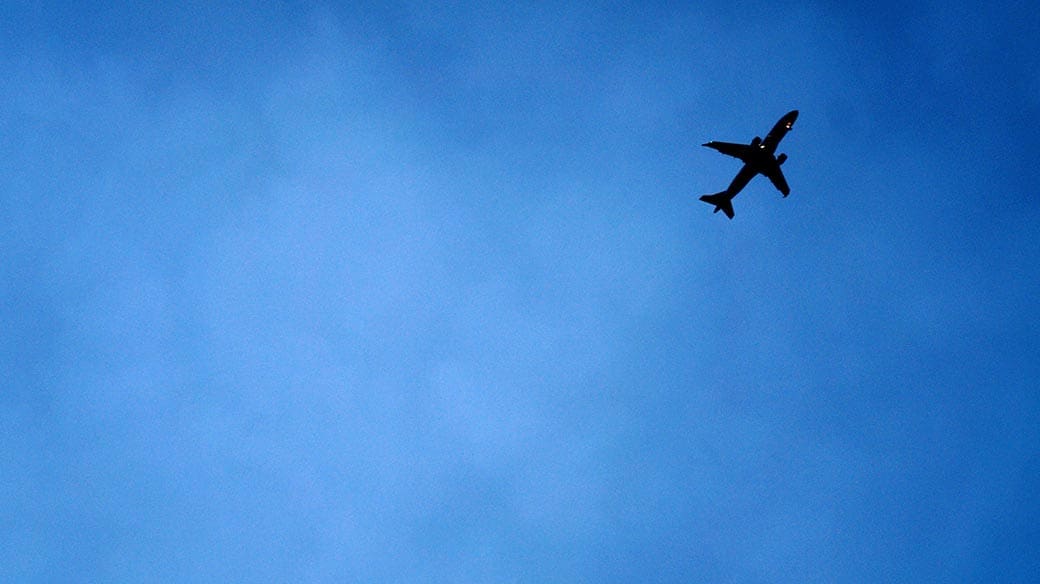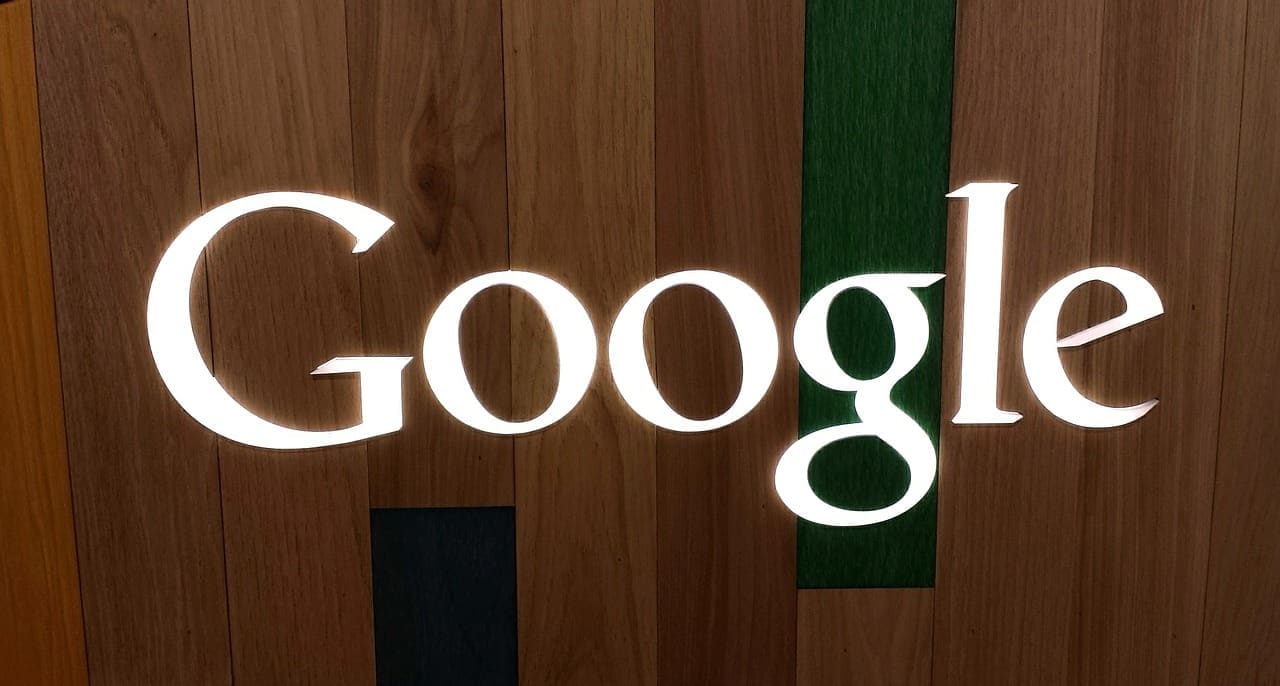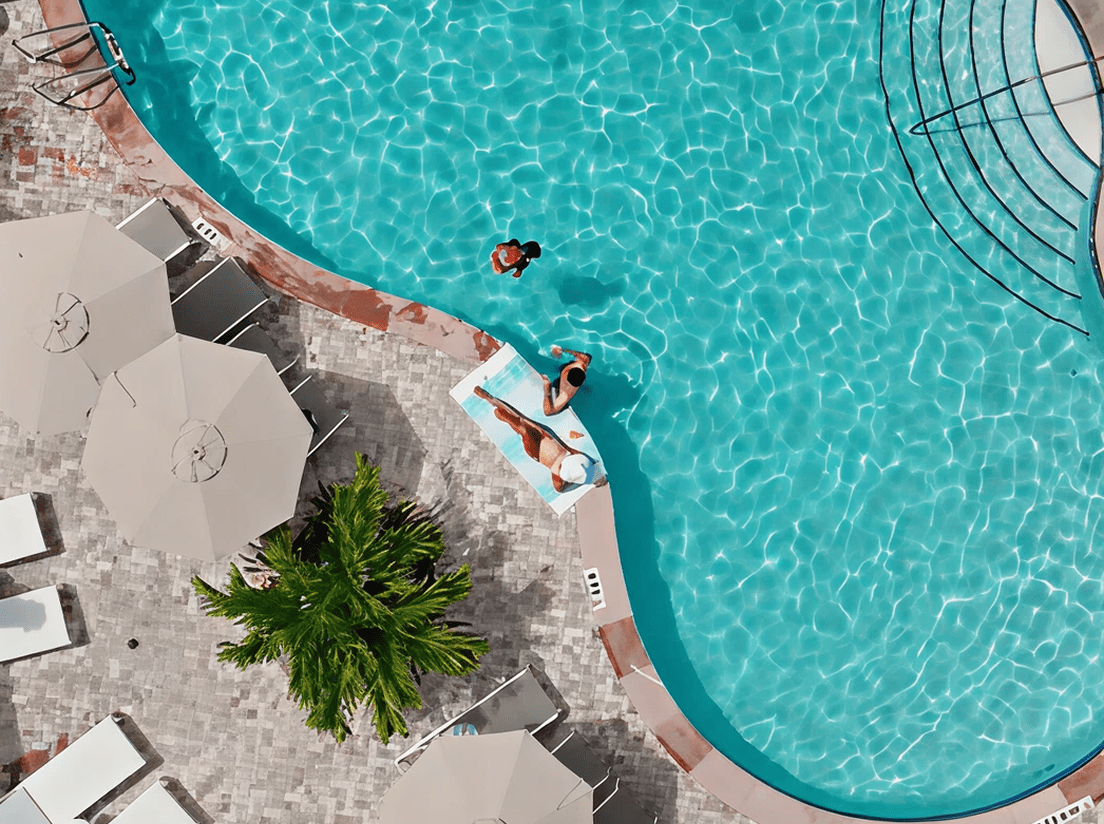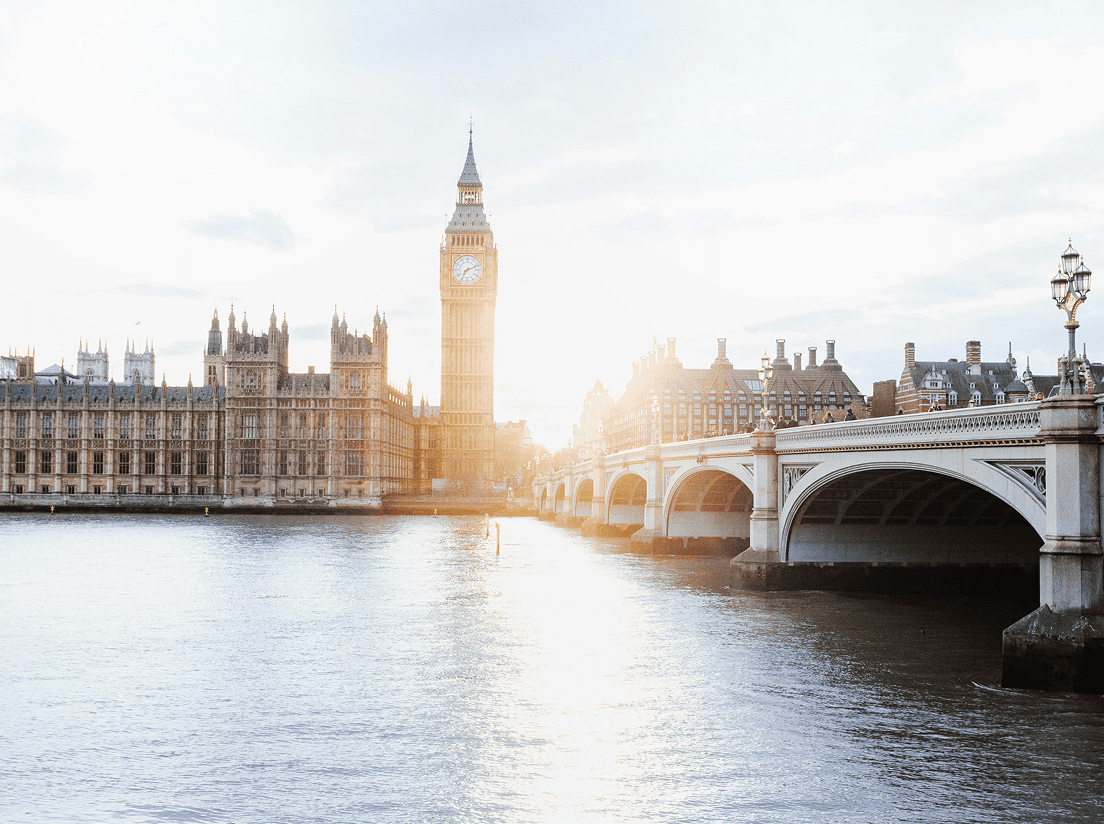
Have you ever wondered what the lifecycle of travel booking looks like from inception to completion? What influences a traveler to choose a certain destination or a specific brand? More importantly, what is going to make them choose your brand over a competitor?
Google recently released a report following travelers through all stages of planning starting at inspiration and ending with purchase. Here are the key takeaways and insights:
Search Engines Still Rule the Roost
While traditional channels like recommendations from friends or family are important, they have taken a back seat to the travel juggernaut that is the web. According to the report, almost 70% of both business and leisure travelers are beginning their proverbial booking journey using a search engine.Not only that, but travelers are moving towards destination specific searches focusing on keywords that include a landmark or attraction rather than a specific hotel, resort or brand.
OTAs Are Changing the Travel Search Landscape
The world in which brands are the only ones using their own branded keywords for SEO is gone. Today, hotels and resorts are not only competing with each other for traffic, but with the giants of the OTA world as well.By expanding digital strategy to include both branded and generic keywords, players in the hospitality industry can get in on the ground level of the travel planning process where customers are most heavily reliant on search.
Brand Loyalty Can No Longer Be Used As a Crutch
More and more, travelers are being drawn from branded sites by the superior site tools, options and discounts offered by OTA’s.Branded travel seems to be losing its allure as the majority of leisure travelers approach the planning process undecided and while business travelers express the waning importance of loyalty programs in their travel decisions.
Travelers Use Visuals As Windows to Destinations
Instagram photos, YouTube videos, and Facebook posts are not only opportunities to reach travelers early in their travel decision making journey, but they have unlimited marketing potential.
Most travelers interact with social media platforms early on in their trip planning process, but the impressions that are made here can be significant. Curate user generated content and post your own high quality photos and videos to encourage engagement.
Create Free Content Using “Brand Ambassadors”
You should not only encourage guests to post about your property using hashtags, promotions or contests, but you should be a part of the conversation.If guests are already posting visuals or comments, interact with them! By responding to their efforts, you are encouraging them to post more, and in turn, driving more user generated content.By building a relationship with guests online your brand is engaging in meaningful conversations that not only give your business a voice, but help to counteract the loyalty suck that the hospitality industry is facing.
Ensure User Experience Across Platforms
As people become increasingly mobile in their daily lives, they expect their technology to evolve and move with them. Both business and leisure travelers alike indicate that they engage with travel sites on all of their devices, not just on their desktop.This might not seem very important to the lifecycle of a hotel booking, but it turns out that the way your site is optimized for both desktop and mobile can literally make or break a sale. Close to 80% of travelers report encountering an unfriendly mobile site, and close to half of these negative site experiences led travelers to vent on social media, give up, or move on to a competitor.Simply put, if your website design loses functionality on mobile, then you are losing business. Always test your own presence across devices. Ignorance is not an excuse.How is your brand adapting to the changing booking landscape?






